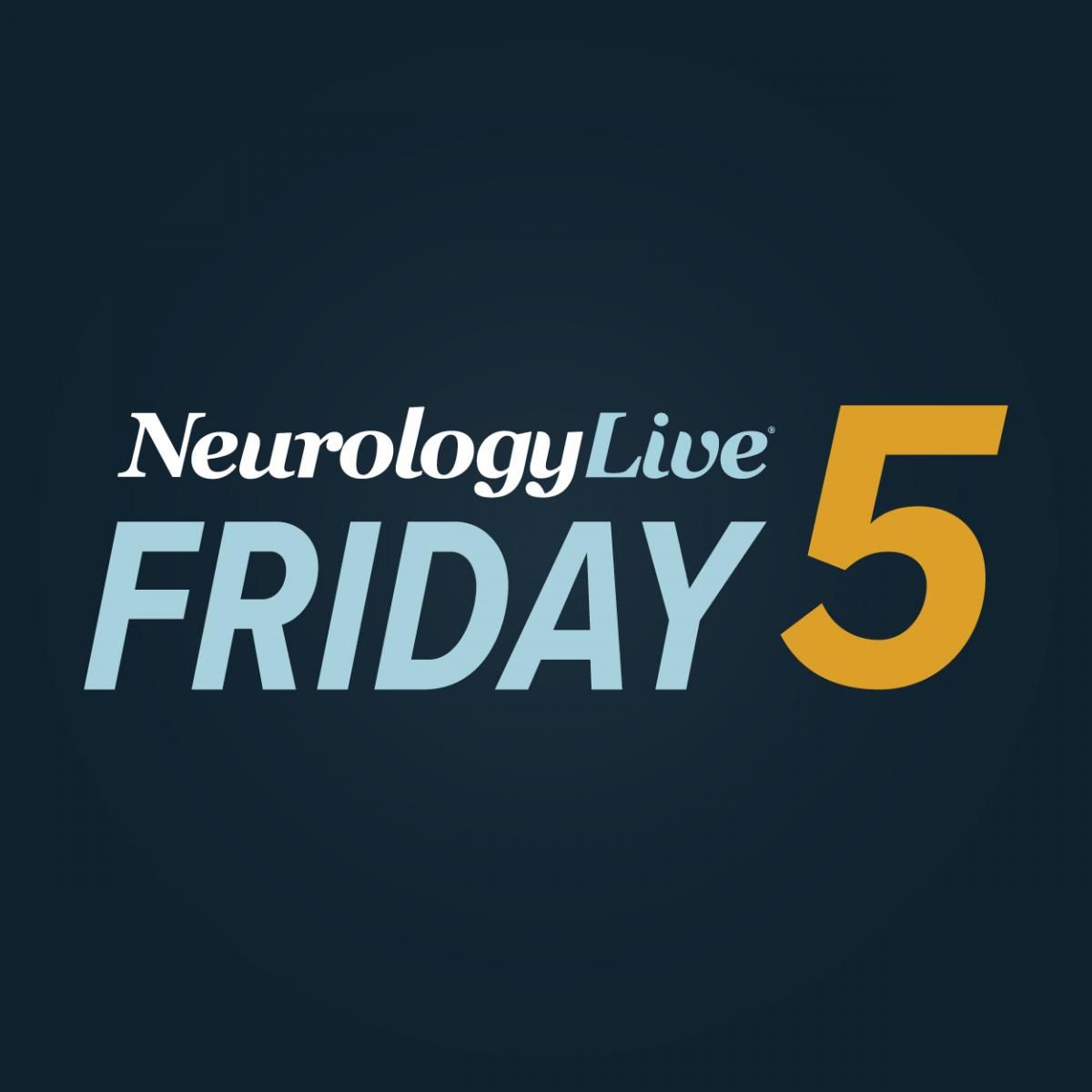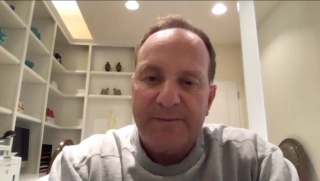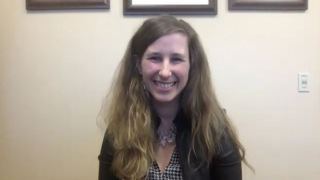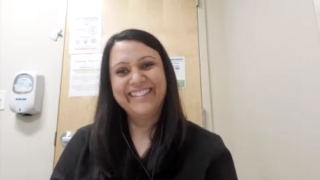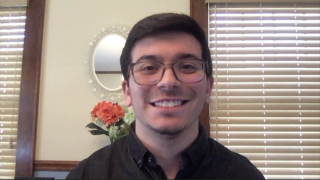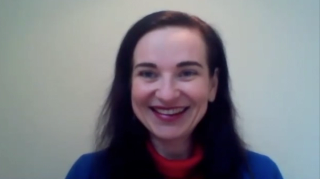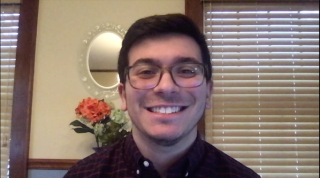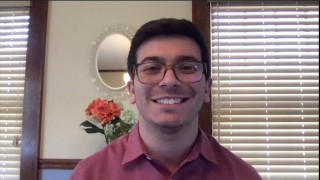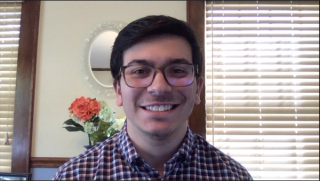
Headache and Migraine
Latest News
Latest Videos

CME Content
More News

Students share their experience in the virtual classroom, navigating new requirements, and the lessons learned from their position in a global pandemic.

Take 5 minutes to catch up on NeurologyLive's highlights from the week ending March 12, 2021.
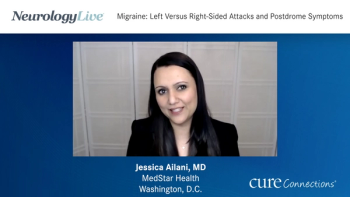
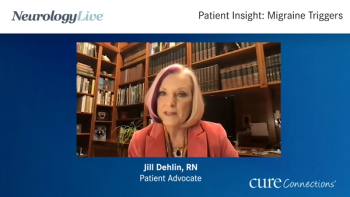

In a study of more than 600 patients, single medication classes were overused by 70% of patients, and less than half of the cohort was taking a preventive treatment.

Here's what is coming soon to NeurologyLive.

Take 5 minutes to catch up on NeurologyLive's highlights from the week ending March 5, 2021.
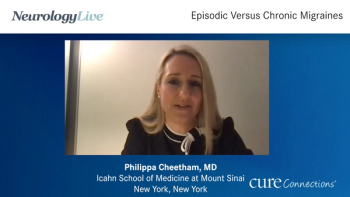
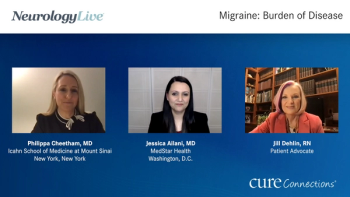

The headset system from Neurolief was approved based on the findings of a clinical trial of 131 patients with migraine who utilized the device in treatment sessions of up to 1 hour.

Here's what is coming soon to NeurologyLive.
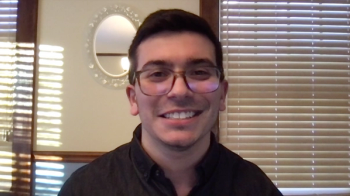
Neurology News Network for the week ending February 27, 2021.

Take 5 minutes to catch up on NeurologyLive's highlights from the week ending February 26, 2021.

A recent study investigated self-reported outcomes of preventive treatment prior to the introduction of calcitonin gene related peptide (CGRP) receptor targeting.

Factors such as previous emergency department visits, hypertension, and tobacco use disorder were related to future migraine-related emergency department visits.

A pair of migraine experts explores several topics in the acute treatment of migraine, including recent therapeutic innovations.
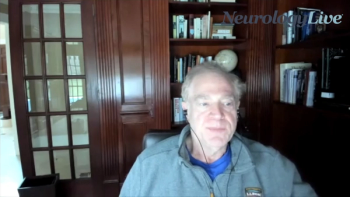
The director of the Montefiore Headache Center discussed how rimegepant has certain benefits over monoclonal antibodies, such as a much shorter half-life.

Investigators noted that empirical work is needed to determine if change from baseline, fixed time point assessments, and responder definitions, or other approaches optimize power and sensitivity to change.

Here's what is coming soon to NeurologyLive.

The PACAP pathway has shown promise as a potential novel therapeutic target in the treatment of migraine.
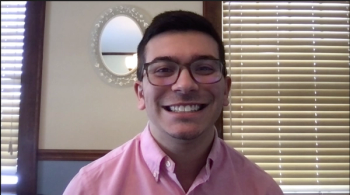
Neurology News Network for the week ending February 20, 2021.

Take 5 minutes to catch up on NeurologyLive's highlights from the week ending February 19, 2021.

The director of the Montefiore Headache Center discussed the impact of halving headache days for patients with migraine.

ElectroCore announced that the expanded indication, noting that gammaCore is now the only acute and preventive option approved for both adult and adolescent migraine.

Here's what is coming soon to NeurologyLive.

